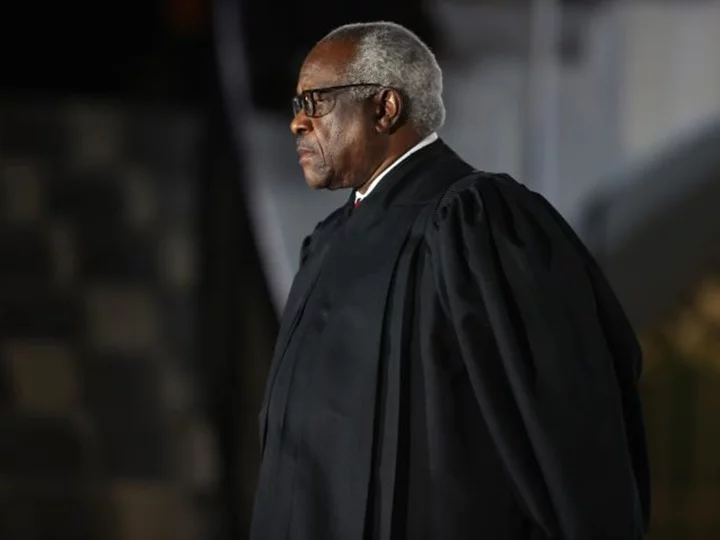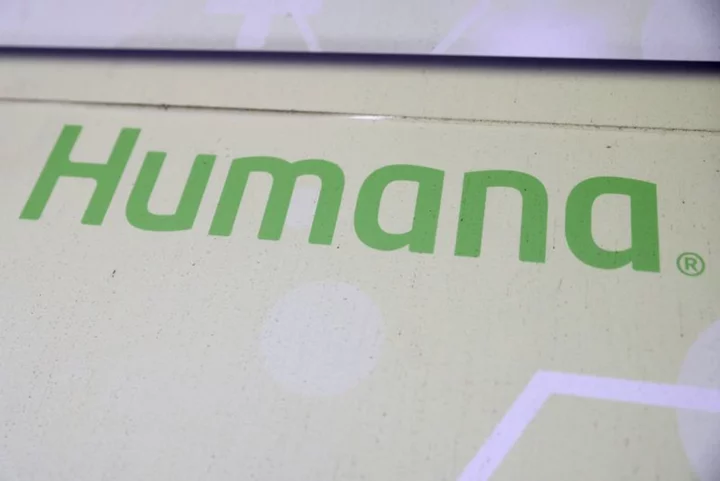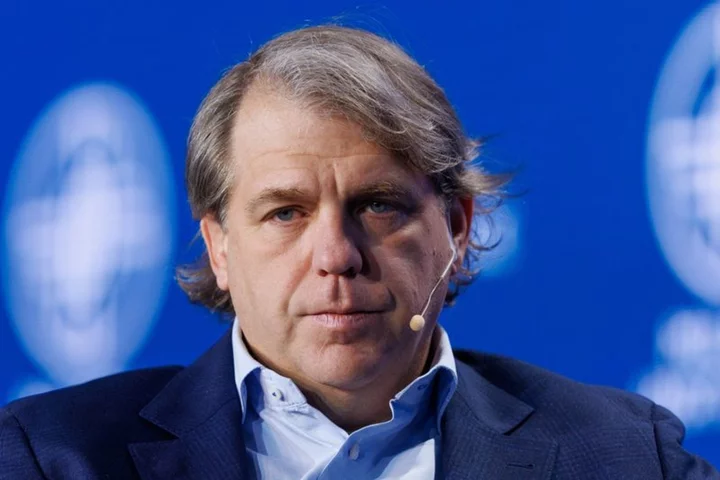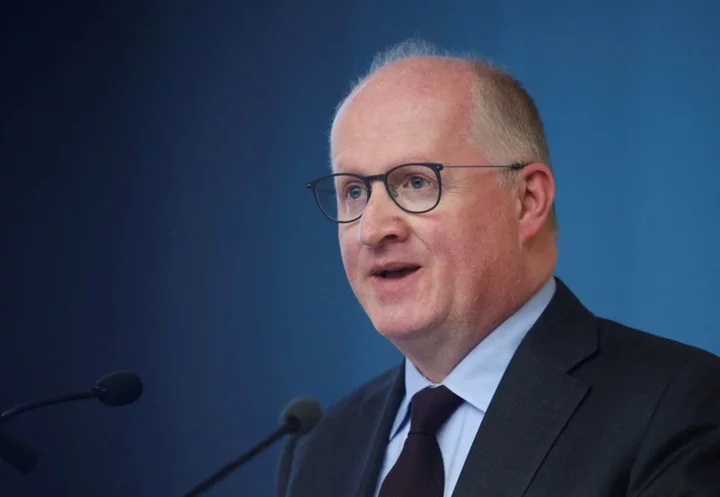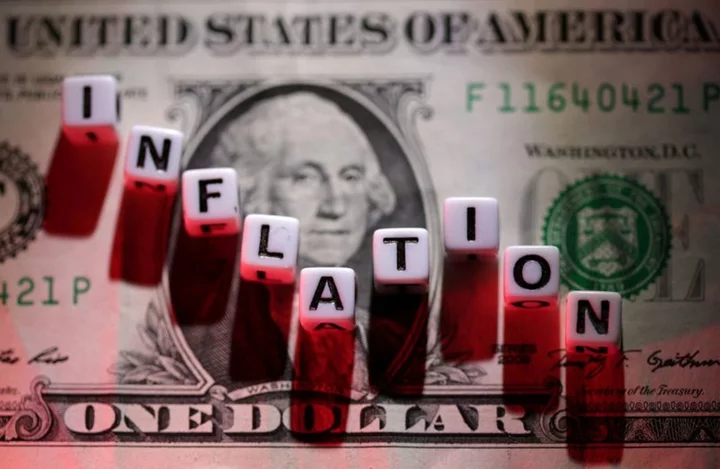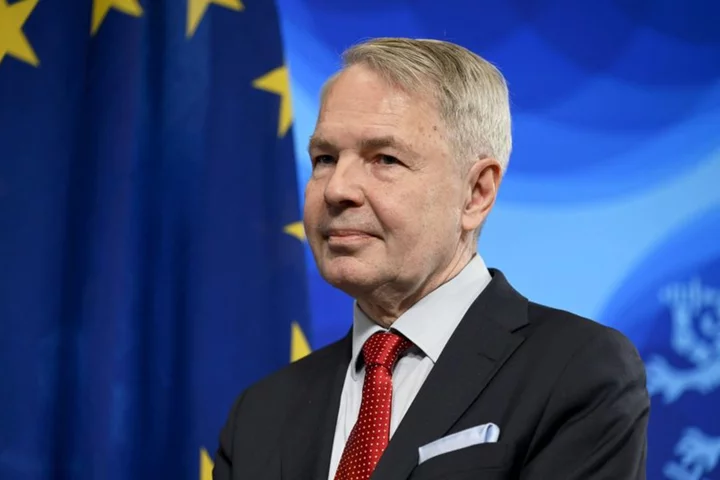Justice Clarence Thomas didn't release his financial disclosure forms Wednesday when the majority of his Supreme Court colleagues did so, further blocking transparency amid a torrent of criticism over his failure to disclose years of lavish trips and a private real estate transaction with a GOP megadonor.
The paperwork -- mandated by federal law -- requires members of the judiciary to publicly disclose their personal financial interest over the past year and detail income, investments, gifts and spousal salaries.
The deadline to release the reports was Wednesday at 1 p.m. ET, but justices are allowed to ask for an extension, and Thomas and Justice Samuel Alito did so, according to the Administrative Office of the United States Courts.
The move means that any official information about Thomas' relationship with the donor, Texas real estate magnate Harlan Crow, may not be released until after the end of the current Supreme Court term, and major rulings come down on election law, religious liberty, affirmative action and student loans, among other issues.
The Supreme Court has been under a microscope this year as critics argue the justices are not doing enough to ensure transparency when it comes to ethics guidelines, and the late filings by Thomas and Alito could further fuel claims by watchdog groups and others that the justices are not taking seriously their concerns.
Wednesday's release of the financial reports marks the first time they will be posted electronically.Eyes will be on the new forms to see if the justices are offering more information about income, reimbursements, gifts, personal hospitality, investments and trusts over the year-long period to reflect an understanding of renewed interest in their lives off the bench.
Public scrutiny of Thomas intensified earlier this spring after ProPublica released a report detailing the luxury travel that included rides on private jets and yachts. At the time, Thomas issued a statement saying that he had been told that under the rules in effect at the time he did not have to disclose the gifts.
Earlier this year, the Judicial Conference released new guidelines meant to close some of the loopholes in the "personal hospitality" category, clarifying, for instance, that a reporting exemption does not include travel on private jets or yachts.
After the ProPublica report, Thomas issued a statement saying that he had not disclosed the travel because he was advised at the time that the did not have to report it. Thomas said that Crow and his wife were among his "dearest friends." In the statement, the justice referenced the rules clarification and said, "It is, of course, my intent to follow this guidance in the future."
Crow also previously bought the home where Thomas' mother currently lives. A source close to Thomas said that the justice did intend to amend his reports to reflect the personal real estate deal between Thomas, his family members and Crow. It is unclear when those amendments will be filed.
In April, all nine justices signed a statement meant to provide "clarity" to the public about the high court's ethics practices, a move that satisfied few critics.
Chief Justice John Roberts said he wanted to assure the public that the Supreme Court is committed to adhering to the "highest standards of conduct."
"We are continuing to look at things we can do to give practical effect to that commitment, and I am confident that there are ways to do that that are consistent with our status as an independent branch of government under the separation of powers," Roberts said in a speech last month.
Roberts has declined an invitation to appear before Congress to discuss ethics concerns, citing separation of powers concerns.

